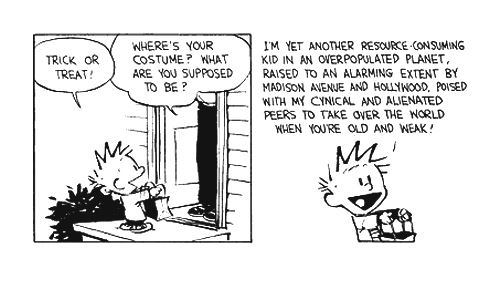Following my Just Ask post, I chatted with Gregory Farmakis, CEO of Agilis about the uncomfortable “ask.” This is his story about the victory of perseverance, the arrogance of youth, and the lessons that come with age and experience. And, while hesitation earns you the time to think, in the end taking the risk earns you the ultimate win – even if failure is always a possibility.
 LK: Asking for help and getting denied, rejected, brushed off is never easy. Do you ask for help – even if it means risking rejection?
LK: Asking for help and getting denied, rejected, brushed off is never easy. Do you ask for help – even if it means risking rejection?
GF: I do believe in asking, frankly. Asking for advice, asking for feedback, asking for information, asking for argument and disagreement. In times of doubt, just asking someone I trust without really caring about bruising my ego, my image, just to listen and get the support.
LK: You chose to name your company “Agilis” because of its meaning. Agility – and mental agility in particular is a core value here. How does it work in a story of asking?
GF: The year is 2000 and Agilis is a year old start-up with a tiny young team. And there is this huge multi-million IT project to design a very complex statistical data warehouse for a government organization. We have no chance for the bid – no experience, track record or references other than our brilliant academic credentials. And to top it off, a large and quite “successful” IT integrator is bidding. Yet, we are determined to go in and fight for the work. But what we lack on paper, we make up with a mountain of boldness, confidence and this unfounded arrogance that has us convinced that only we – at Agilis – really know how to design this data warehouse! Several e-mails and phone calls later, we get the appointment with the project manager, but instead of letting him ask the questions to judge our technical competence, I start pounding: “how do you intend to design this, what concept will you apply for that?..” Always with this undecipherable arrogant smile of the über-confident engineer who knows it all and knows better. The meeting ends cordially but we do not get the follow-up call. No contract. Nil. Rejection hurts but of course, we are too proud to beg for another meeting, a second chance.
LK: So, this is the uncomfortable part, the rejection, the perceived failure. Then, what?
Half a year goes by – and while we are struggling, we are also learning. The project manager calls and asks to see us again. The project has come to a complete halt. A “paralysis by analysis” syndrome has afflicted the team in charge, producing hundreds of pages of documents and not a single line of code. Would we like to give it a shot and go for the whole design project? The risk is huge: the project is running out of time and we only have two months to deliver. Would a more sensible team accept the challenge and take the risk? No one had before us anyway. So, at that point in time, agility came to play a huge role along with the sheer determination of our passion to make it, to show the world how we could do what others could not. Four additional contracts and two years later we had already succeeded not only on delivering the data warehouse design but also the system architecture, the design of software applications and a re-engineering of the business processes.
LK: Would you have done anything differently if you went back in time for that first meeting?
GF: Maybe I would be less arrogant and stubborn about presenting my own concept for a project I didn’t really know the details. Maybe I would have called back and done the follow-up. But I say this now, with all my years of experience, so perhaps – even if I went back in time -I would have done the same mistakes; I treasure these mistakes. Maybe the way was wrong, but the passion and determination did make the difference.
LK: What do you think made the project manager remember you half a year later? You did not prompt the call – he came back to you. You must have impressed him – do you know how/why?
GF: We talked about that with him later (we became friends during the project). He recognized we had stronger qualifications than his own team and in spite of our lack of practical experience in big projects, we knew what we were talking about. The reason he didn’t gave us the contract in the first place was that he didn’t think it was necessary. He underestimated the complexity of the work and believed he could design it with his in-house team.
LK: Where’s the lesson in all this?
GF: Hmm.. core subject matter knowledge and competence do count of course. Yet, risk taking – we were not afraid to jump in to save an almost failed project was paramount. That and this brilliant late night idea for an elegant solution for which I am so proud as the project would be impossible to finish without that.




 What interests me is helping sharp, intelligently curious people overcome barriers that may be keeping them from achieving more. Passion and boldness can make the art and science of leading easier to navigate. So, have fire; feel with your brain; don't be afraid.
What interests me is helping sharp, intelligently curious people overcome barriers that may be keeping them from achieving more. Passion and boldness can make the art and science of leading easier to navigate. So, have fire; feel with your brain; don't be afraid.
